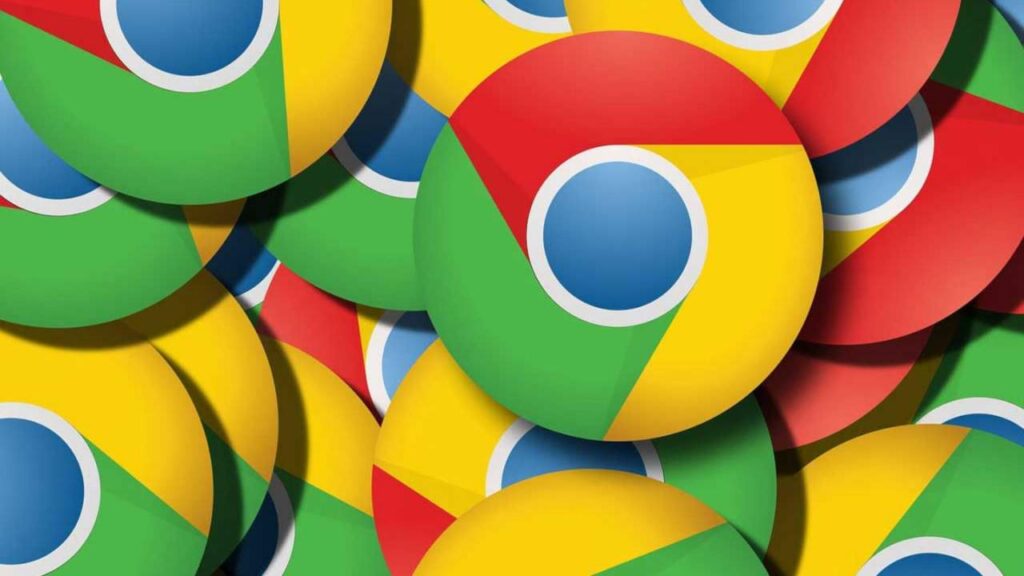Google is maybe THE Internet organization, with many items and administrations that rotate around the innovation that has kept us associated for quite a long time. For a great many people, the doorway to that Internet is, indeed, one more Google item with Chrome taking up the vast majority of the program market. It’s doubtful that Google Chrome is the most utilized piece of programming on the planet, considering how it’s utilized on pretty much every processing gadget under the sun. That doesn’t promptly mean, notwithstanding, that it is the most effective way to encounter the Web, and there are additionally genuine motivations behind why you would need to try not to utilize Chrome assuming you can manage the cost of it.
Performance and Stability
Since it’s the most utilized doesn’t mean it’s awesome. There are different elements that have added to Chrome’s accomplishment on the lookout. And keeping in mind that credit must be given to certain elements that aided offer the program to clients, it is a long way from being the most amazing with regards to execution and solidness. Truth be told, some Chrome clients may even hesitantly concede that they are compelled to utilize the program for either include, regardless of having had numerous sorrows and cerebral pains over the program’s presentation.
The Internet is loaded up with accounts about Chrome’s unquenchable yearn for RAM and battery power. At the point when individuals have become more reliant upon PCs with moderately restricted equipment assets just as on the Web for work, study, or amusement, an insatiable internet browser is likely the last thing they need. As a matter of fact, the last thing they need is for Chrome to crash since it ran out of memory or, more terrible, some bug from an augmentation.
Extensions Security
Some time ago, internet browsers contended in the quantity of outsider additional items, now and then known as augmentations, they upheld. The augmentation framework permitted the program to stay thin, basically in contrast with the behemoth that was Internet Explorer, while leaving the entryway open to usefulness that the program engineers didn’t imagine or even mean. That, obviously, necessitated that the product had snares that expansions could interface with to carry out those highlights, which here and there incorporate having the option to alter what clients see on a page or even touch records on a client’s PC.

More Stories
The Combination of Web Accessibility with Search Engine Optimization – AccessiBe
How has the Spanish real estate market been affected by the pandemic
Here Are The Best Trading Platform Australia For Your Online Trading Needs